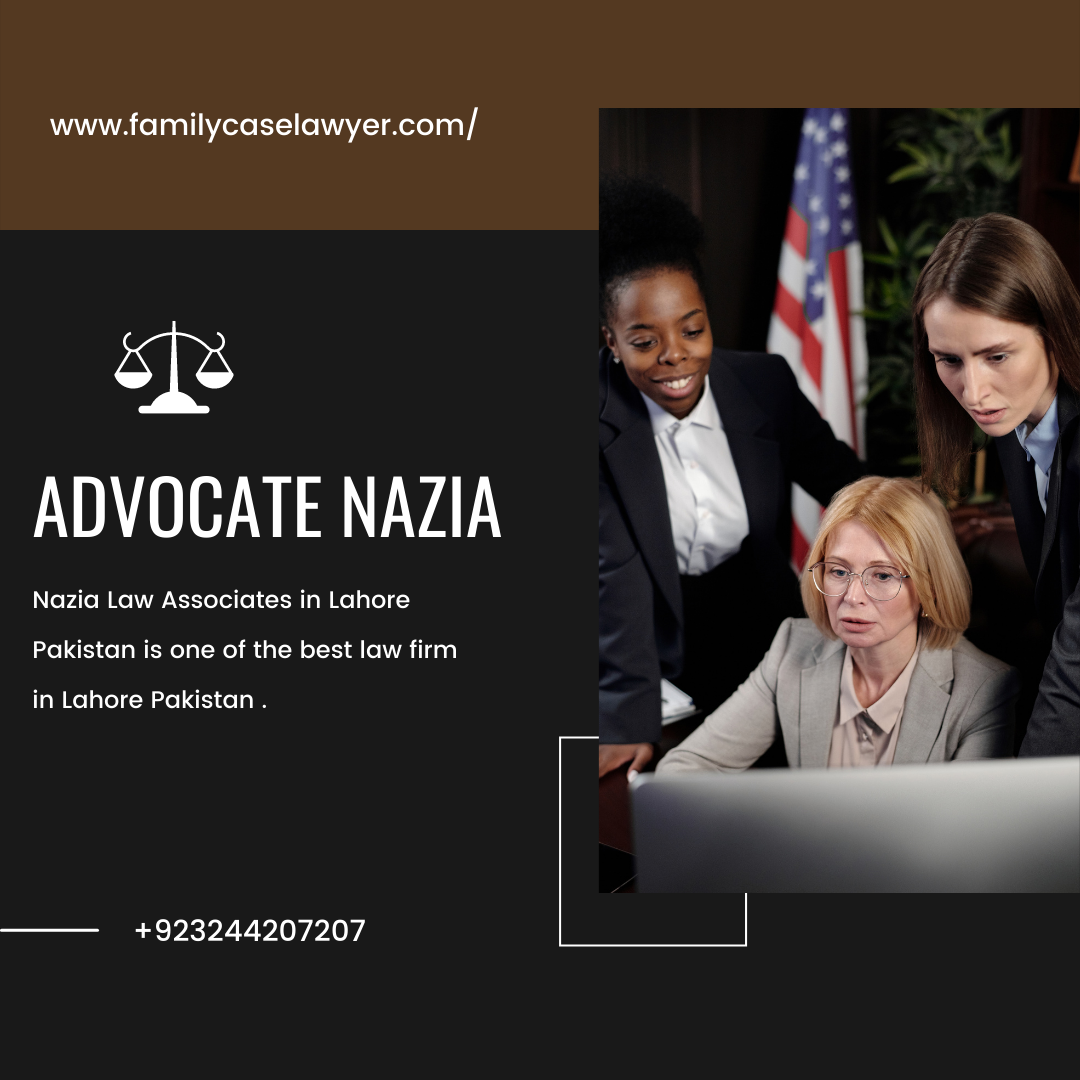Special Defamation Law in Pakistan:
If you wish to know about the special defamation law in Pakistan through lawyer in Pakistan, you may contact Nazia Law Associates. Any group or individual of employees affiliated with the corporation like CEOs, directors, or managers – can pursue a lawsuit if they’re recognized in the newspaper. In addition, non-profit organizations can sue for defamation, regardless of the number of employees or members. In defamation law in Pakistan through lawyer in Pakistan, defamation is a crime by the Defamation Ordinance, 2002. 9 Libel and slander are liable in their own right.
Special damage:
Special damage cannot be proven in the event of publication of defamatory material. Any violation of this law must be compensated with a minimum of 300,000—rupees for the person who started the incident. In contrast, the Ordinance (modified to reflect the 2004 amendment) is considered a brand new law since corporations file no final lawsuits against journalists and publishers.
Laws against defamation law:
One could say that the laws against defamation law in Pakistan through lawyer in Pakistan are just the beginning. Pakistan. Section 499-502 of Pakistan Penal Code, 1860 (same as the IPC, 1890) defines defamation, its explanation, the exceptions, and penalties about defamation. It is worth noting that Pakistan considers “religious defamation” very seriously. Sections 295 and 295A 295B and 295C make the act of religion-based defamation (blasphemy) an offense that can be punished with a sentence ranging from two years of imprisonment up to death.
Lawyer in Pakistan:
Regarding the defamation law in Pakistan through lawyer in Pakistan the right is, like in Pakistan, not subject to “reasonable restrictions.” The court decided: When it comes to defamation, which is a legal crime, the law presumes to be malice because it is an illegal intentional act by publishing defamatory information. However, there’s a legitimate reason in the case of publication of such information in the normal context of a privileged communication or fair remarks on a subject of public concern.
Plaintiff:
Still, the burden is on the plaintiff to prove the defendant’s malice to sustain the claim in defamation law in Pakistan through lawyer in Pakistan. This means that the malice has to be proven as a fact regardless of obvious inferences derived from the defamatory nature of the content. If the plaintiff is unable to establish malice with convincing evidence, he is ineffective on this grounds. It is the plaintiff’s responsibility to prove malice through extrinsic as well as intrinsic evidence is on the plaintiff to prove that the alleged publication was influenced through a shady or indirect motive.
Libel and Slander:
Regarding the defamation law in Pakistan through lawyer in Pakistan in Pakistan, there isn’t a difference between libel and slander. Both are crimes that can be prosecuted criminally. It is possible to divide it into two types: Criminal Civil The crime of libel is a crime. The IPC under chapter XXI section 499-502 guards an individual’s / reputation.
The law against defamation of the state is covered in section 124A (Sedition). section 153 in the Code allows defamation against an entire class, i.e., community [Riot], and section 295A addresses hatred speech in connection with infuriating religious sentiments. [Hate Speech] Section 499 in the PPC defines “defamation” as a crime that is committed: In the form of (i) words (spoken or intended for reading), (ii) signs, or (iii) visible representations
